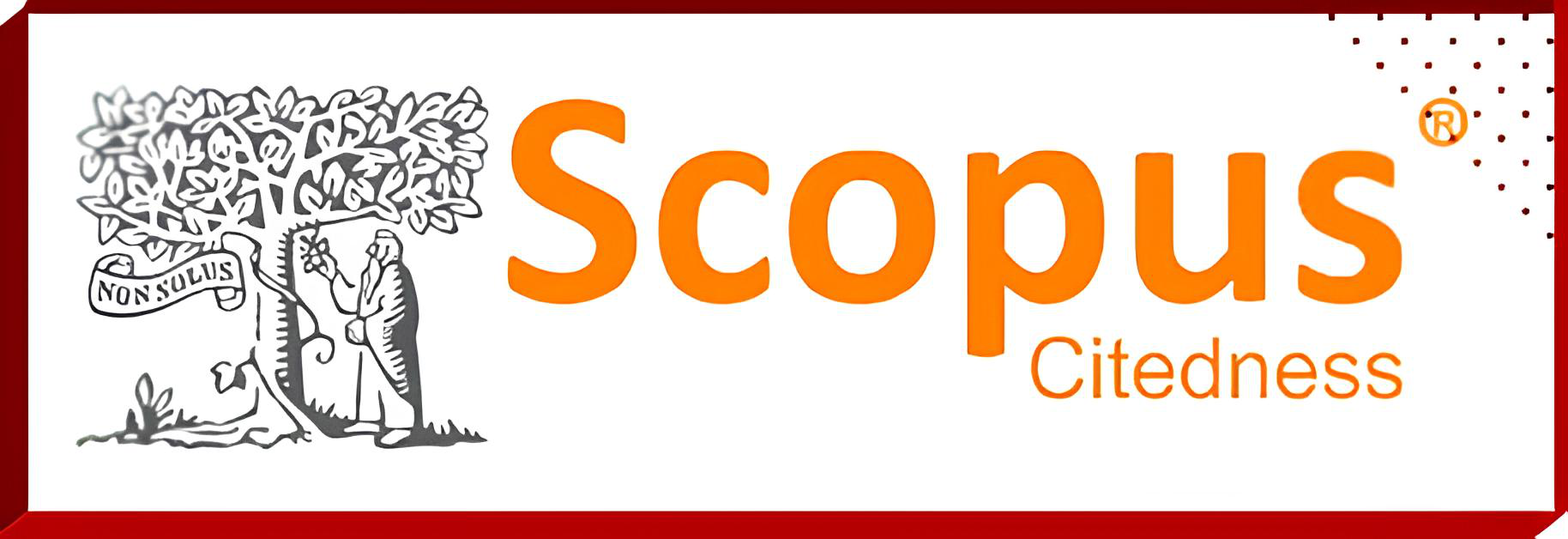Strategi Cooperative Learning Pada Pembelajaran Menulis Puisi untuk Meningkatkan Interaksi Sosial Di Kelas Inklusif
 Abstract views: 420
,
Abstract views: 420
,
 PDF downloads: 102
PDF downloads: 102
Abstract
Learning strategies play a crucial role in creating effective and inclusive learning experiences, particularly in poetry writing instruction, which requires students’ social sensitivity and emotional engagement. This study aims to describe the implementation of the Cooperative Learning strategy in poetry writing instruction to enhance students' social interaction in inclusive classrooms. The research employs a qualitative descriptive method with data collected through observation, interviews, and documentation. The findings reveal that Cooperative Learning is effective in fostering positive social interaction through heterogeneous group work, fair role distribution, and structured interpersonal communication. In addition to increasing students’ appreciation of poetry, this strategy also cultivates empathy, a sense of responsibility, and social cohesion among students, including those with special educational needs. Thus, Cooperative Learning not only strengthens literary learning outcomes but also serves as a pedagogical approach that supports humanistic, democratic, and inclusive literary education.
Downloads
References
Bhuvaneswari, K., Geethalakshmi, V., Lakshmanan, A., Srinivasan, R., & Sekhar, N. U. (2013). The impact of El Nino/ Southern Oscillation on hydrology and rice productivity in the Cauvery Basin, India: Application of the soil and water assessment tool. Weather and Climate Extremes, 2, 39-47.
Brennan, M. A., & Israel, G. D. (2008). The power of community.Community Development, 39(1), 82-97.
Budiana, I. (2022). Strategi pembelajaran.
Damayanti, A. P., Yuliejantiningsih, Y., & Maulia, D. (2021). Interaksi Sosial Teman Sebaya Terhadap Motivasi Belajar Siswa. Jurnal Penelitian dan Pengembangan Pendidikan, 5(2), 163-167.
Fitriani, W., Haryanto, H., & Atmojo, S. E. (2020). Motivasi Berprestasi dan Kemandirian Belajar Mahasiswa Saat Pembelajaran Daring (Doctoral dissertation, State University of Malang).
Hamalik, O. (2015). Strategi Belajar Mengajar. Bumi Aksara.
Hidayat, A. (2015). Unsur-unsur intrinsik dan nilai-nilai psikologis dalam naskah drama “matahari di sebuah jalan kecil” karya Arifin C Noor sebagai alternatif pemilihan bahan ajar sastra di SMA. Jurnal Pendidikan Bahasa dan Sastra Indonesia.
Inayah, F. N., Satrya, M. Z., Sitompul, R. J. A., Maulana, S., & Mustika, D. (2025). Internalisasi nilai empati dan penguatan kolaborasi antarpeserta didik dalam praktik pendidikan inklusif. Sindoro: Cendikia Pendidikan, 15(6), 151–160.
Johnson, D. W., Johnson, R. T., & Holubec, E. J. (1994). The Nuts and Bolts of Cooperative Learning. Interaction Book Company.
Lenox, J. A. (2015). Effects of Collaborative Learning on Persuasive Writing in 11th Grade Inclusive Classrooms (Master's thesis, Caldwell College).
McKibbin, B. (2007). Deep economy: The Wealth of Communities and The Durable Future. Times Books/Henry Hold and Co.
Miles, M. B., & Huberman, A. M. (1994). Qualitative Data Analysis.
Moleong, L. J. (2019). Metodologi Penelitian Kualitatif. Bandung: Remaja Rosdakarya. Retrieved from: https://d1wqtxts1xzle7.cloudfront.net/92471413/6153-libre
Nafilata, M., Andini, R., Suyuti, Septiandini, D., & Ariany, I. (2025). Integrasi Cooperative Learning dalam Kurikulum Merdeka: Mewujudkan kelas yang aktif, inklusif, dan berpusat pada siswa. Jurnal Ilmiah Research Student, 2(2), 401–414.
Pigg, K. E., & Bradshaw, T. K., (2003). Catalytic community development: A theory of practice for changing rural society. In D. L. Brown & L. E. Swanson (Eds.), Challenges for Rural America in The Twenty-First Century (pp. 385-396). University Park, PA: Pennsylvania State University Press.
Putri, R. N., & Hamamy, F. (2025). Penerapan Model Pembelajaran Cooperative Learning Type Two Stay Two Stray (TSTS) pada Kelas Inklusif di SDN 1 Purwasari. Karimah Tauhid, 4(8), 6433-6442.
Rochmadi, I. (2020). Error Analysis of English Written Text of Higher Level English Foreign Language Learners. IJELAL (International Journal of English Learning and Applied Linguistics), 1(01), 44-55.
Saifullah, S., Umaira, D. R., Khalik, S., Rasyid, R. E., & Ecca, S. (2022). Efektivitas Model Think Pair Share Terhadap Kemampuan Menulis Puisi. Cakrawala Indonesia, 7(2), 105-112.
Sanjaya, W. (2016). Strategi Pembelajaran Berorientasi Standar Proses Pendidikan. Kencana.
Seknun, M. F. (2013). Strategi Pembelajaran. Biosel Biology Science and Education, 2(2), 120-128.
U.S. Census Bureau. (2000). State and Country QuickFacts. Washington, D.C.: United States Bureau of the Census. Retrieved November 7, 2008, from http://quickfacts.census.gov/qfd/
Yanda, D. P. (2017, October). Effect of cooperative learning model Type student team achievement division (STAD) on skill understanding poetry. In Sixth International Conference on Languages and Arts (ICLA 2017) (pp. 403-407). Atlantis Press.
Copyright (c) 2025 GHANCARAN: Jurnal Pendidikan Bahasa dan Sastra Indonesia

This work is licensed under a Creative Commons Attribution-ShareAlike 4.0 International License.
Ghancaran: Jurnal Pendidikan Bahasa dan Sastra Indonesia uses an Open Access Policy under the Creative Commons Attribution-ShareAlike 4.0 International License. Authors publishing in this journal agree to the following terms:
- Ghancaran Journal holds the copyright and grants the journal rights for first publication with the work simultaneously licensed under a

The work is distributed under Creative Commons Attribution-ShareAlike 4.0 International License which allows others to share, copy, and redistribute the material in any media or format and adapt, remix, change, and develop the material even for commercial purposes, as long as it is stated credit and license derivative works under similar terms. - Authors may make additional contractual arrangements for non-exclusive distribution of the journal's published work version.
- Authors are permitted to post their work online (e.g., in institutional repositories or on their websites) before and during submission, as doing so may lead to productive exchange.


















